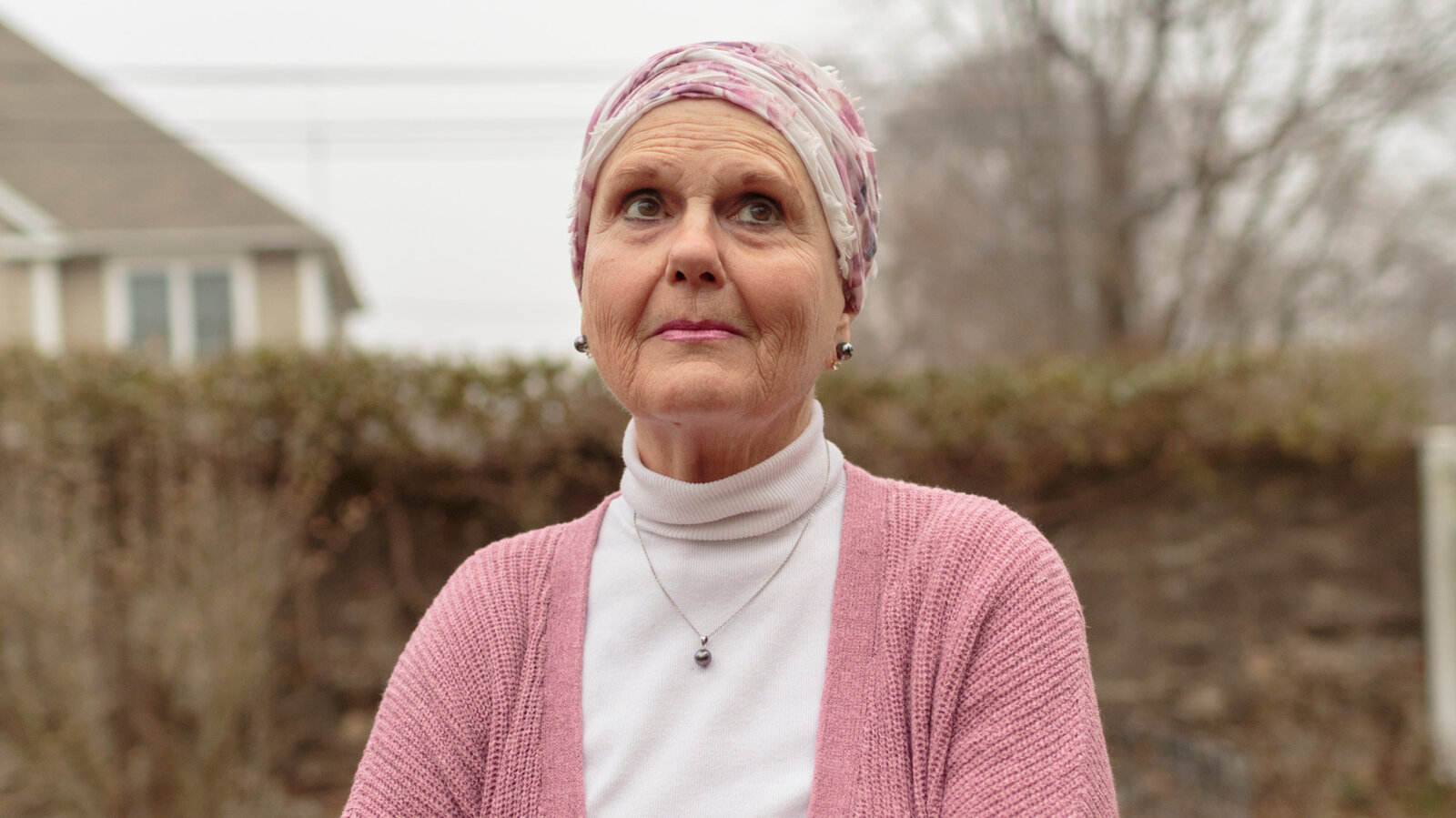Lynda Blustein of Connecticut epitomized hope and perseverance throughout her terminal illness. Through her tireless advocacy efforts she had an impactful effect on Vermont laws regarding end-of-life-care; Lynda decided to utilize Vermont’s law on patient control and choice at death to facilitate her own death on her terms.
What motivated Lynda Blustein’s advocacy efforts?
Lynda’s advocacy was driven both by her experience with cancer as well as empathy for other who faced similar struggles. Her goal wasn’t just personal: rather, her aim was to ensure terminally ill patients across all states have compassionate end-of-life options that respect autonomy, dignity, and independence – this meant challenging existing legal framework and advocating reforms which recognized every individual facing terminal illness as they wished.
How Did Lynda Bluestein Alter Vermont End-of-Life Laws?
Lynda had an enormous effect on Vermont end-of-life laws. Her legal battle with Diana Barnard over residency requirements to access end-of-life options violated constitutional principles; eventually resulting in an agreement for Lynda to use Vermont law even though she resided outside its boundaries.
What Was Lynda’s Legal Challenge?
Lynda Barnard and Diana Barnard initiated a lawsuit challenging Vermont’s end-of-life law on equal protection and commerce grounds under the U.S. Constitution, contending it violated these principles of equal protection and commerce as set out in Article IX, section 5 of the US Constitution. Through their litigation efforts they raised awareness regarding terminally ill peoples’ rights while making significant modifications in legal landscape. Their battle resulted in monumental changes.
Vermont’s End-of-Life Law Amendment: What It Means
This amendment marks a monumental leap forward towards compassionate care for terminally-ill patients, reflecting changing societal attitudes about end-of-life decisions while showing Vermont’s dedication to individual autonomy and individual choice. Vermont also set an important precedent by giving out-of-state residents similar options – marking it out as inclusive legislation.
What has the legacy of Lynda been on end-of-life care outside Vermont?
Lynda’s legacy extends far beyond Vermont. Her brave fight, along with the subsequent legal changes it caused, have ignited national conversation regarding end-of-life care and led several states to amend their legislation in order to provide comprehensive care options to everyone. Lynda stands as an inspiring testament to advocacy’s power; other advocates now follow in her footsteps fighting for dignity and rights at end-of-life.
What can we learn from Lynda’s life and advocacy?
Lynda embodies kindness, resilience and the pursuit of justice throughout her entire advocacy career – proof that individual actions can have far reaching effects in society. Her legacy serves as a powerful reminder that even one individual’s efforts have the ability to change it forever.
What can we do to honor Lynda Blustein?
In her honor, we should continue advocating for end-of-life care that provides compassionate choices for everyone – thus paying tribute to Lynda’s legacy while acknowledging her profound impact on end-of-life care through advocating for laws reflecting compassion and choice.
Lynda Blustein left an incredible legacy as both an advocate and individual in end-of-life care, changing laws and changing how people think about terminal illness and end of life decisions through her courage, compassion and willpower to bring about change. Her journey continues to inspire all of us towards more compassionate societies.
